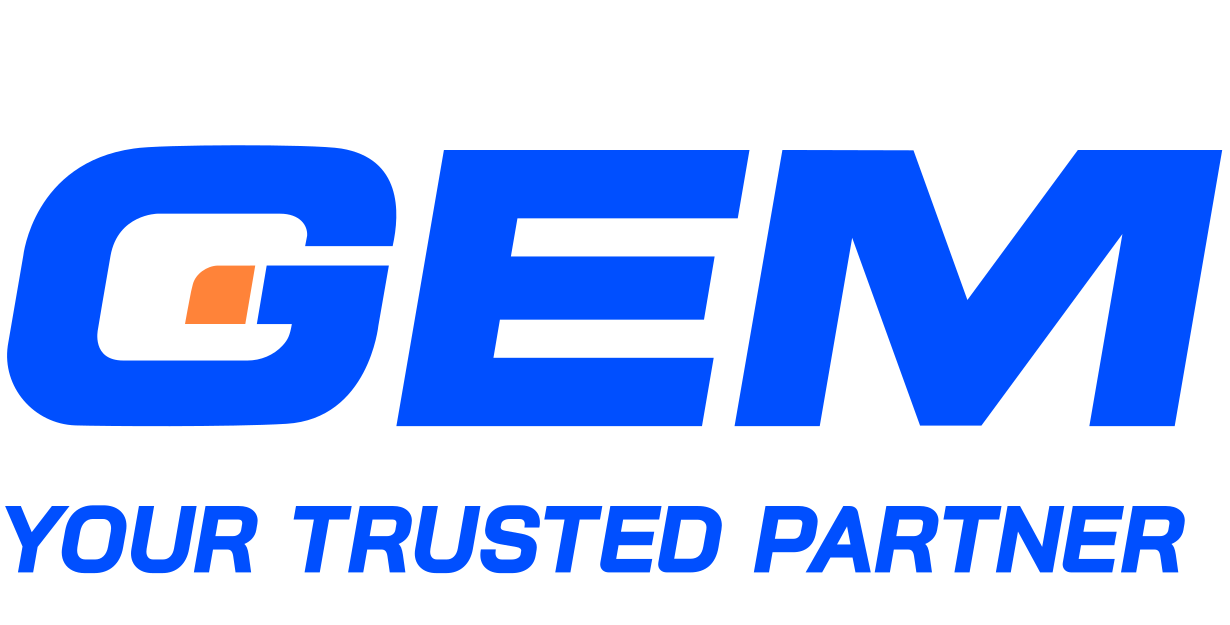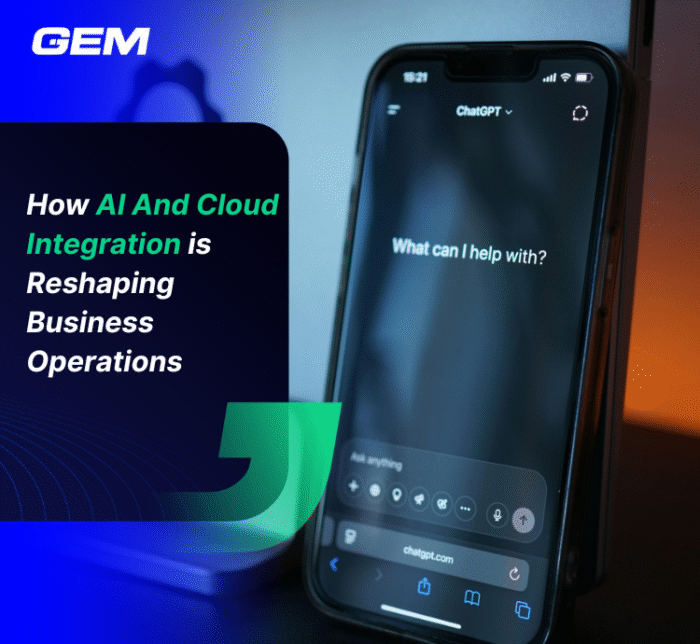Contents
- Market Context: Why NYC Is Emerging as a Center for Applied AI
- Top 15+ AI Companies to Watch in NYC
- How to Select a Suitable AI Development Company in NYC?
- Conclusion
- Why is New York City becoming a center for applied AI?
- What makes NYC’s AI market different from other tech hubs?
- Which types of AI companies are gaining traction in NYC?
- What should businesses look for when selecting an AI company in NYC?
- How does NYC’s ecosystem support AI innovation and delivery?The city benefits from access to top-tier research institutions, venture capital, and public funding initiatives. This ecosystem supports not just ideation, but also infrastructure development, regulatory navigation, and long-term AI adoption.
Artificial intelligence continues to gain traction across industries, and New York City has become a focal point for startups and scaleups building AI-first products. The city’s access to commercial clients, technical talent, and institutional capital is accelerating the shift from experimentation to deployment. This article highlights 15 AI companies in NYC that are shaping the evolution of machine learning, automation, and data intelligence across sectors.
Market Context: Why NYC Is Emerging as a Center for Applied AI
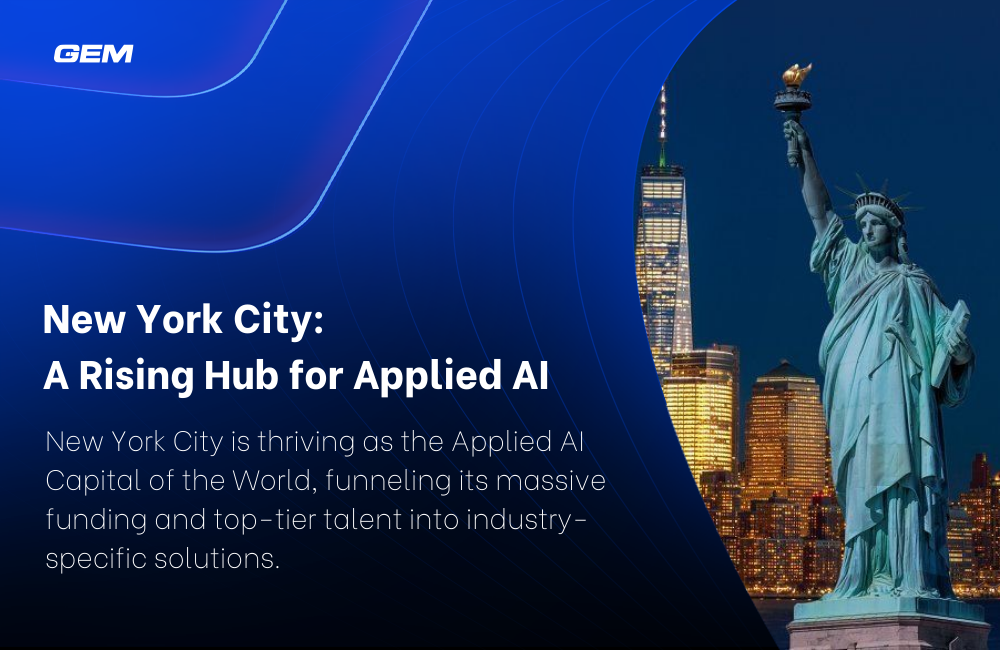 There are plenty of reasons that make New York City a priority location for companies focused on applied artificial intelligence. The city offers a mix of commercial access, technical infrastructure, and institutional support that positions it as a strong environment for operational AI development.
There are plenty of reasons that make New York City a priority location for companies focused on applied artificial intelligence. The city offers a mix of commercial access, technical infrastructure, and institutional support that positions it as a strong environment for operational AI development.
- Access to Enterprise Clients
NYC is home to a concentration of Fortune 500 companies across finance, healthcare, media, and retail. These sectors generate large volumes of structured and unstructured data, creating strong demand for AI systems that improve decision workflows, automate service delivery, and support risk management. AI vendors benefit from short sales cycles and early feedback when working with enterprise clients that are already investing in operational transformation.
- Academic and Research Ecosystem
The city’s proximity to institutions such as Columbia University, NYU, and Cornell Tech provides access to AI research, technical talent, and cross-disciplinary collaboration. Many early-stage companies in NYC maintain ties to academic labs, translating research in areas such as natural language processing, reinforcement learning, and model interpretability into commercial applications. This continuous exchange supports a faster transition from prototype to real-world system.
- Capital Investment and Public Funding
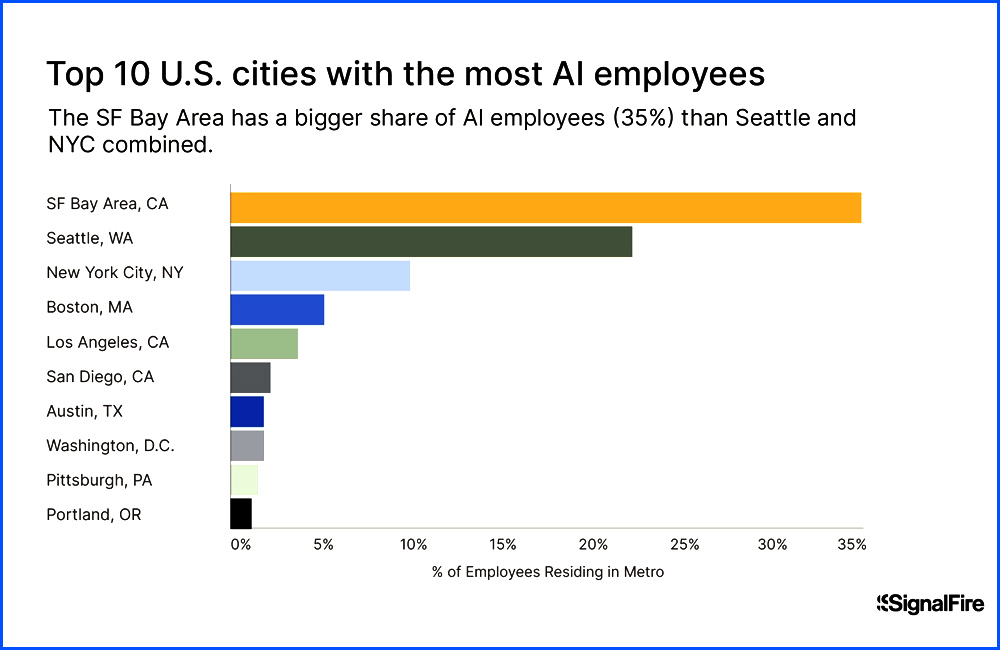
Source: https://www.signalfire.com/blog/sf-is-back
Venture capital activity in NYC’s AI sector has increased steadily, with investors backing both infrastructure builders and vertical solution providers. NYC’s early-stage funding is second only to the SF Bay Area. In parallel, state and federal programs are allocating resources toward applied AI research, workforce development, and ethical implementation, further strengthening the ecosystem.
- Shift Toward Operational Deployment
Startups in New York are moving beyond model experimentation and into production environments. Many focus on building systems that integrate directly into business platforms such as CRM, ERP, and cloud-based analytics tools. As a result, the city is seeing a rise in companies that are not only innovating at the model level but also delivering full-stack AI solutions that support enterprise adoption at scale.
Read more: See how AI-powered vision can elevate your business
Top 15+ AI Companies to Watch in NYC
In this section, you will find a list of over 15 top AI companies in NYC. We evaluate these companies based on a diverse and carefully selected set of criteria, including their products and services as well as their industry expertise.
To simplify things, we categorized the AI companies in NYC into two groups: those offering services and those delivering products and solutions. Each company has a distinct focus within the larger AI landscape, providing support to various industries through applied machine learning, data engineering, and custom software delivery.
Services offering
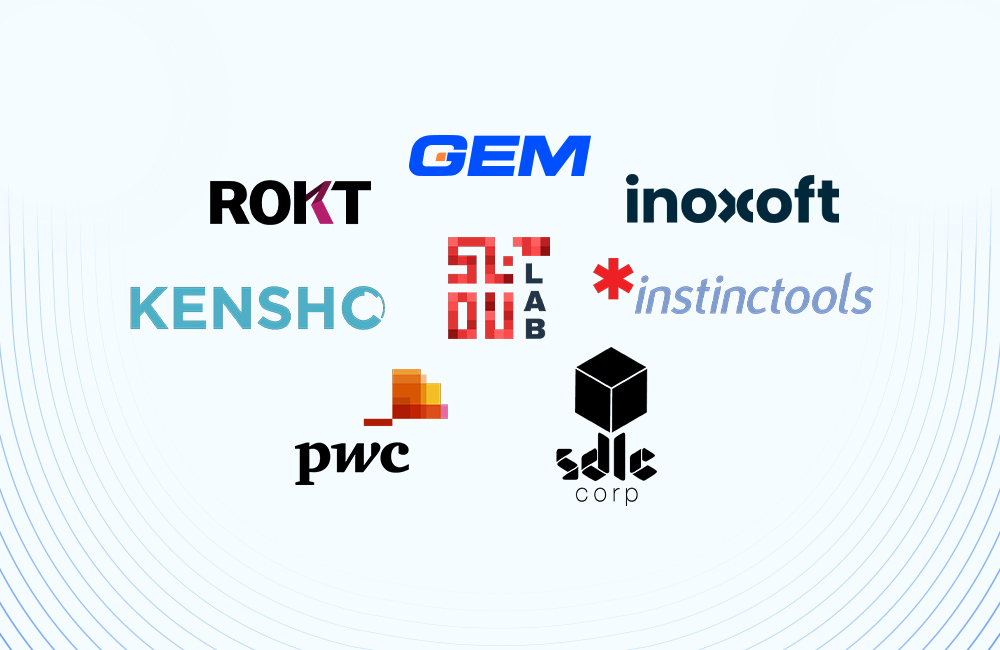
Several AI firms in New York are gaining attention for how they deliver results, not just research. Their teams support enterprise deployments, build custom models, and work across infrastructure, data, and strategy to bring AI into business operations.
GEM Corporation

GEM Corporation brings over a decade of experience in IT services, working across complex enterprise environments to deliver software systems, data platforms, and digital infrastructure that support business performance. Our track record spans industries including financial services, healthcare, manufacturing, and logistics, where we’ve guided clients through technical modernization, system integration, and architecture redesign.
In artificial intelligence, GEM builds applied solutions that align with operational workflows and data ecosystems. We specialize in designing AI systems that integrate with enterprise platforms such as ServiceNow and Databricks. This includes deploying automation within ticketing and service operations, building models for predictive incident management, and embedding analytics into operational dashboards. GEM’s AI solutions have helped clients cut report creation time by up to 40% and reach over 99% accuracy in document data extraction. These gains reflect our focus on tailored model development and system-level integration.
Our teams combine software engineering, data science, and domain knowledge to deliver systems that reflect real-world priorities. The focus might be on document processing, customer behavior modeling, or intelligent agents, as GEM develops custom solutions that fit existing infrastructure and business processes. With delivery hubs located in the Asia Pacific and a cross-functional team structure, we provide end-to-end execution, from discovery and architecture to deployment and ongoing support.
Why Wait? Start Your Digital Transformation Today
Don’t let outdated systems hold you back. With our expertise, you can streamline your operations, embrace innovation, and see measurable results faster than ever
Kensho Technologies
Kensho operates as the AI and innovation division of S&P Global, focusing on transforming unstructured data into structured insights. The company applies advanced machine learning to documents, audio, and other natural language sources to support decision-making across financial services, energy, and government sectors.
Kensho’s strength lies in its ability to merge technical depth with access to high-integrity data from S&P Global, producing systems that support analytical workflows and automated research. Their models enable users to extract meaning from complex content and apply it across investment analysis, risk monitoring, and regulatory intelligence.
PwC
PwC’s AI practice is embedded within its broader consulting and digital transformation services. The firm works with clients across industries to build and deploy AI systems that support strategic goals, from customer analytics and risk modeling to generative applications and internal automation.
With a strong foundation in governance, compliance, and systems integration, PwC assists organizations in moving AI from concept to production. Their cross-functional teams combine domain knowledge, engineering expertise, and operational frameworks to deliver models that align with business conditions and scale across functions.
Instinctools
Instinctools brings more than two decades of experience in digital product development, with a strong focus on AI-driven platforms and data engineering. The company supports clients across finance, healthcare, logistics, and manufacturing, delivering tailored systems built around machine learning and advanced analytics.
With over 400 engineers and consultants distributed across Europe, Asia, and Latin America, Instinctools provides dedicated teams that manage projects end-to-end. Their depth in data architecture, cloud services, and AI modeling allows them to address complex transformation initiatives while maintaining cost and time discipline.
Read more in our full guide to the Top IT Companies in the UK
Inoxoft
Inoxoft specializes in building custom software solutions that integrate data science, analytics, and intelligent automation. The company offers services across mobile, web, and enterprise platforms, with a focus on translating business requirements into scalable digital products.
Their portfolio includes AI-powered applications for healthcare, education, and logistics, often combining machine learning with user-centric design. Inoxoft’s team of over 200 professionals supports projects through discovery, design, development, and quality assurance stages, helping clients operationalize AI through structured delivery and continuous collaboration.
SDLC CORP
SDLC Corp focuses on building intelligent systems across AI, blockchain, and immersive technologies such as augmented and virtual environments. The company delivers solutions that support enterprise initiatives in communication, training, and digital experience.
With an emphasis on applied research and cross-industry development, SDLC Corp designs AI-powered platforms tailored to user interaction, spatial computing, and knowledge delivery. Their team works across business verticals to bring emerging technologies into real-world applications, reflecting a strong orientation toward complex transformation programs and experiential interfaces.
SoluLab
SoluLab combines AI expertise with its core strength in blockchain and product development. The company operates with a delivery model that supports startups, mid-sized firms, and global enterprises seeking custom-built systems. Its AI practice includes predictive modeling, intelligent automation, and algorithm-driven platforms that improve decision processes and customer engagement.
Read more about our Generative AI services and how they accelerate digital transformation
With a global delivery team of over 250 professionals, SoluLab positions itself as a long-term partner for clients looking to integrate AI into both new and existing digital products.
Rokt
Rokt applies machine learning to optimize e-commerce transactions, focusing on the decision window immediately after a customer completes a purchase. The company’s AI system, known as the Rokt Brain, processes billions of transactions to match offers, content, or partner placements with high contextual precision.
By working with global brands across retail, entertainment, and finance, Rokt has developed a platform that applies predictive relevance in real time. Headquartered in New York City, the company supports enterprise clients seeking to increase transaction value and customer lifetime engagement through data-driven personalization.
AI products & solutions
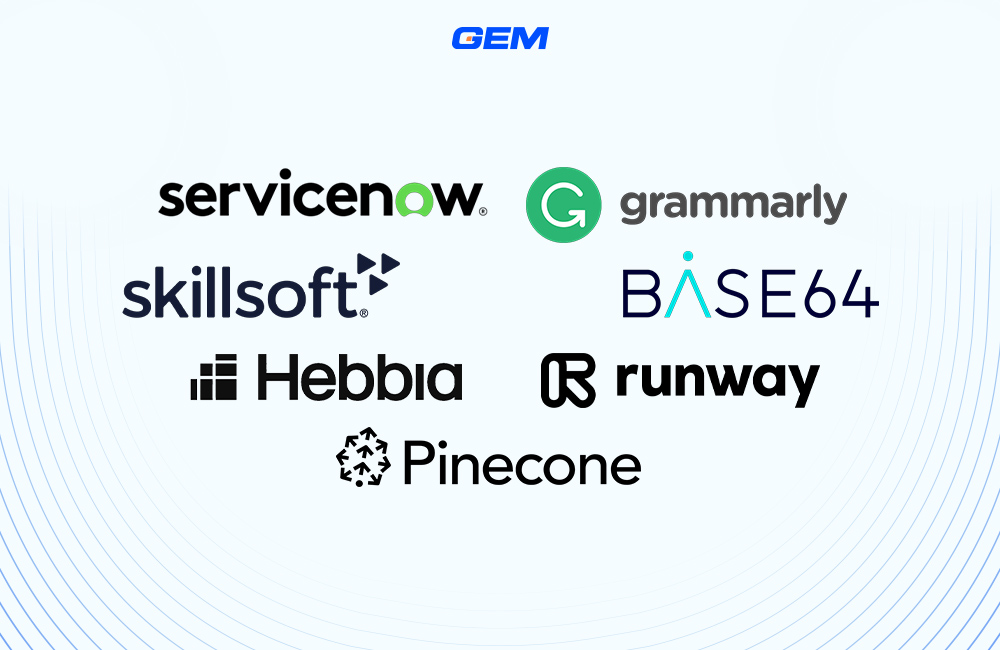
This group of companies is developing tools that solve specific problems with measurable outcomes. From applied computer vision to industry-tuned language models, their products reflect a shift from experimentation to adoption.
ServiceNow
ServiceNow integrates AI into its digital workflow platform to help organizations manage complex business operations more efficiently. The company’s AI capabilities support IT service management, customer experience, and employee workflows, with models built for classification, prediction, and recommendation.
Its platform includes features such as virtual agents, intelligent routing, and performance analytics, allowing enterprises to automate routine tasks and resolve issues faster. ServiceNow’s focus on enterprise-grade scalability and modular deployment makes it a strategic partner for digital operations leaders seeking reliable AI-backed solutions.
Grammarly
Grammarly applies natural language processing to improve written communication at scale. Its AI-driven platform supports individuals and teams by offering real-time feedback on grammar, clarity, tone, and intent. With product integrations across desktop, mobile, and enterprise environments, Grammarly serves over 30 million users globally.
The company’s AI models are trained on diverse linguistic data, allowing them to provide context-aware suggestions that go beyond surface-level corrections. For organizations, Grammarly Business offers collaboration tools, brand tone consistency, and analytics to support internal and client-facing communication.
Base64.AI
Base64.AI provides an AI-powered document processing platform designed for non-technical users across industries. Its system converts unstructured documents into structured data using a library of over 2,800 pre-trained models and advanced features, such as signature verification, PII redaction, and custom model training.
Delivered through a simple API and a wide range of no-code connectors, Base64 supports rapid deployment without requiring machine learning expertise. The platform is widely adopted across finance, logistics, and public sector organizations seeking to streamline back-office operations, accelerate onboarding, and reduce manual review. With its focus on speed, accuracy, and usability, Base64 positions itself as a leading provider in the document intelligence space.
Are Inefficiencies Draining Your Resources? Let’s Fix That!
With GEM’s cutting-edge solutions, we’ll help you streamline workflows, optimize operations, and set your business up for sustainable success.
Hebbia
Hebbia focuses on redefining enterprise productivity through applied AI. Launched in 2020, the company was among the first to bring retrieval-augmented generation into production environments. Since then, it has moved well past early-stage capabilities. Its proprietary ISD architecture powers Matrix, a system designed to execute complex, multi-step reasoning tasks. Matrix is used by organizations managing over $14 trillion in assets, including firms in finance, law, and strategy consulting.
Hebbia supports over 1,000 use cases across research, compliance, and decision support, with a strong emphasis on AI agents that learn specific workflows unique to each firm. The platform is positioned not as a general-purpose chatbot but as a configurable AI system designed for targeted, high-value tasks.
Pinecone
Pinecone delivers infrastructure for AI applications through its fully managed vector database. The platform allows companies to store, search, and retrieve high-dimensional data – capabilities that are increasingly central to semantic search, recommendation systems, and LLM-based applications. By handling vector indexing, filtering, and scaling, Pinecone enables engineering teams to build AI apps without having to manage the underlying architecture.
Its popularity among developers reflects a growing demand for operational tools that support real-time, similarity-based retrieval across large datasets. Pinecone’s architecture is built for fast deployment and consistent performance, making it a foundational layer for companies building modern AI systems.
Read more: See how leading companies scale with our Digital Strategy Consulting
Runway
Runway is advancing AI in media production, with a focus on video, image, and audiovisual content creation. Since its founding in 2018, the company has become known for transforming research into product features within weeks, not quarters. Its AI tools are designed to support creators, marketers, and production teams by offering capabilities such as video editing, inpainting, text-to-image generation, and real-time collaboration.
Runway’s commitment to embedding research directly into product development has allowed it to release features that expand creative workflows while maintaining accessibility. The platform is widely used by creative professionals seeking AI systems that work intuitively and deliver production-ready outputs.
Skillsoft
Skillsoft applies AI to workforce learning through its intelligent platform, Percipio. The system uses machine learning and behavioral analytics to recommend content based on user behavior, skill gaps, and organizational goals. With a course library spanning leadership, technology, compliance, and digital skills, Skillsoft serves both Fortune 500 enterprises and mid-market firms. Its AI engine supports adaptive learning paths, automates progress tracking, and aligns talent development with business outcomes.
In NYC and beyond, Skillsoft is often selected by HR and L&D leaders seeking a scalable approach to upskilling in fast-changing industries. The company’s integration of AI into engagement metrics and competency frameworks allows organizations to maintain visibility into workforce readiness while supporting individual career growth.
How to Select a Suitable AI Development Company in NYC?

Selecting an AI development company in New York City involves more than evaluating technical skills. The region’s landscape includes a mix of enterprise demand, research proximity, and system-level deployment. Companies that succeed in this environment often combine domain knowledge with a disciplined delivery approach.
Consider the following factors when choosing a partner:
1. Fit for Business Objectives
The company should demonstrate a clear understanding of your sector and operational priorities. Whether the goal involves business automation, process optimization, or real-time data handling, the solution must align with how your business functions. Look for firms that have applied AI in similar settings with measurable outcomes.
2. Experience with Scalable Deployments
Many organizations in NYC are moving past experimentation and building production-ready systems. A qualified partner should bring experience integrating AI into existing platforms, managing data pipelines, and designing systems that maintain performance under real-world conditions. Projects that lack deployment planning often stall after initial development.
3. Strong Technical Foundation and Research Access
Top AI partners are grounded in core areas such as natural language processing, computer vision, and predictive systems. In NYC, several companies maintain links to research institutions and academic labs. This connection supports the application of new methods and keeps teams current with model development practices.
Read more: Unlock intelligent automation – Explore our NLP & AI Chatbot Development
4. Ability to Work Across Platforms and Teams
AI systems often need to operate inside existing cloud environments, internal tools, or customer-facing applications. A capable partner should have experience working across technical stacks, coordinating with in-house teams, and delivering solutions that align with your technology architecture.
5. Custom Solution Delivery
No two businesses have the same data conditions or system architecture. AI solutions must reflect operational complexity, not just technical possibility.
GEM Corporation specializes in building tailored AI systems that support specific business workflows, from intelligent document processing to advanced analytics and decision support. Our work begins with a clear understanding of client goals and continues through development, integration, and long-term support.
Conclusion
AI companies in NYC are reshaping how organizations operate, compete, and grow. From document intelligence and enterprise automation to creative tools and infrastructure, these firms are applying machine learning in ways that reflect business realities. The region’s ecosystem blends research access, technical depth, and enterprise demand, creating a foundation for practical innovation. Companies like GEM Corporation, Hebbia, Rokt, and Runway show how AI can move from concept to execution when aligned with domain needs and systems integration. As more firms look to operationalize AI, the NYC landscape offers a model for building purposeful solutions that scale with complexity across industries, platforms, and use cases.
To explore how GEM can support your AI initiatives or discuss tailored solutions, contact us.
What makes NYC’s AI market different from other tech hubs?
While places like the Bay Area lead in AI research, New York stands out for its focus on deployment. The city’s AI firms often build solutions that integrate with legacy systems, support compliance-heavy sectors, and deliver repeatable outcomes at scale.
Which types of AI companies are gaining traction in NYC?
Two groups are leading the momentum: service firms that help enterprises implement AI across workflows, and product companies that offer specialized tools, from document automation to predictive analytics, built for real-world use.
What should businesses look for when selecting an AI company in NYC?
Key factors include alignment with business goals, a track record of scalable deployments, cross-platform capabilities, and the ability to tailor solutions to specific operational environments. Access to academic research and technical depth also adds value.
The city benefits from access to top-tier research institutions, venture capital, and public funding initiatives. This ecosystem supports not just ideation, but also infrastructure development, regulatory navigation, and long-term AI adoption.
